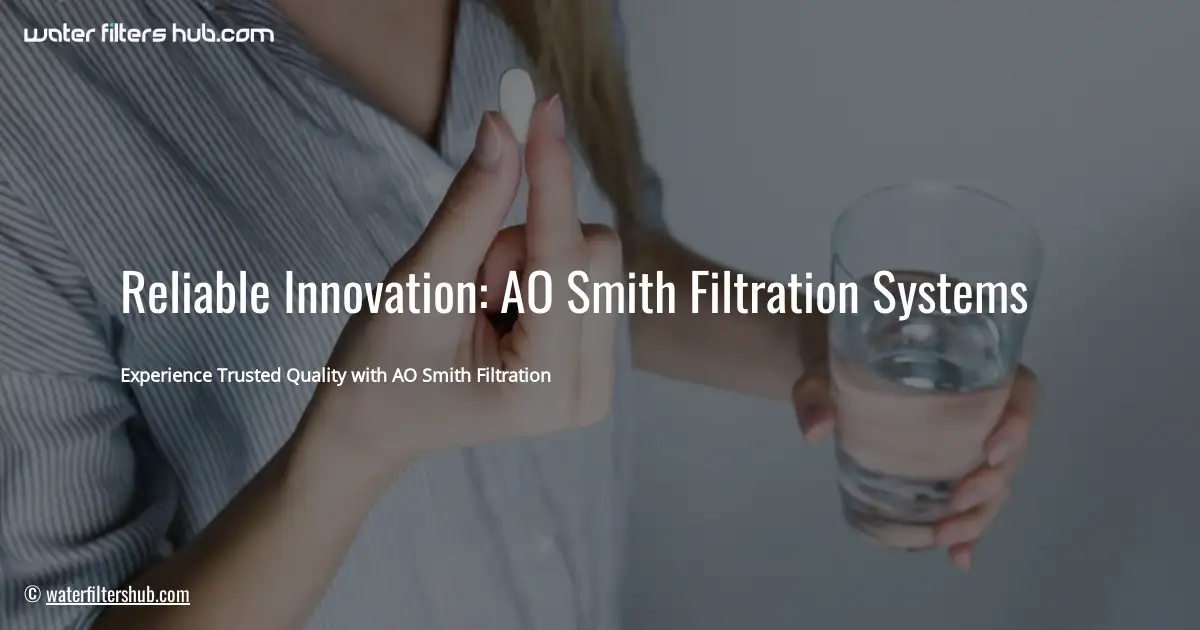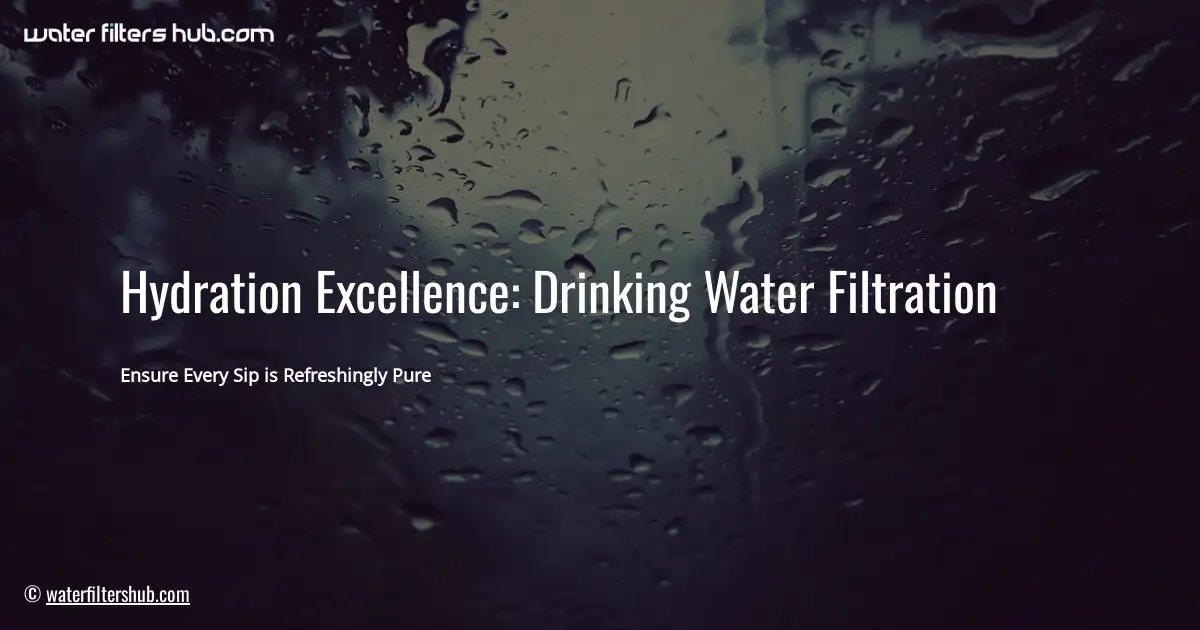Establishing a Schedule for Filter Replacements
Water filtration is like a guardian angel for our health, protecting us from unseen threats lurking in our water supply. It’s a silent superhero, removing impurities, bacteria, and other nasties that could make us sick. Without it, we’d be like ships lost at sea, vulnerable to the dangers that lie beneath the surface.
Just imagine your favorite glass of water turning cloudy or smelling like a swamp. That’s a sign that your filter is crying out for help, struggling to keep up with the onslaught of contaminants. It’s like a tired warrior, its armor battered and worn, unable to defend against the enemy.
That’s why it’s crucial to have a filter that’s up to the task, one that’s like a fortress, standing strong against the forces of impurity. A good filter is our first line of defense, ensuring that the water we drink is pure, safe, and refreshing.
Determining Filter Lifespan
When it comes to determining how often you should change your water filter, the manufacturer’s recommendations are a great place to start. They’ve designed and tested their filters specifically, so they know how long they’ll last under normal conditions.
Just like when you buy a new car, the manufacturer will give you a recommended maintenance schedule. It tells you when to change the oil, rotate the tires, and all the other things you need to do to keep your car running smoothly.
Think of your water filter the same way. The manufacturer’s recommendations are your maintenance schedule. They’ll tell you how often to change the filter so that it keeps working at its best and keeps your water clean and safe.
Of course, there are other factors that can affect how long your filter lasts, like the quality of your water and how much you use it. But the manufacturer’s recommendations are a good starting point.
Signs of Filter Saturation
Sediment, like tiny particles of dirt, rust, or sand, can accumulate in water filters over time. This buildup can restrict water flow and reduce the filter’s effectiveness. If you notice a gritty or cloudy appearance in your filtered water, or if you see sediment collecting at the bottom of your water pitcher or dispenser, it’s a clear sign that your filter needs to be replaced.
Imagine your water filter as a diligent gatekeeper, standing guard against unwanted contaminants. But just like a gatekeeper who’s been on duty for too long, the filter can become overwhelmed by the sheer volume of sediment. It’s like a traffic jam at the microscopic level, with sediment particles clogging up the filter’s pores and preventing water from passing through smoothly. As a result, the flow of clean, filtered water to your tap or faucet is disrupted.
Recommended Replacement Frequency
Carbon Filters
Carbon filters, commonly used in refrigerator and countertop models, should be replaced every 6-12 months. They effectively remove chlorine, taste, and odor but have a limited capacity to trap sediment. As the carbon becomes saturated, its effectiveness diminishes, allowing contaminants to pass through. Replacing them regularly ensures optimal performance and clean, refreshing water.
Consequences of Late Replacements
Just like a car that needs regular oil changes to keep running smoothly, water filters also have a finite lifespan. When a filter becomes saturated, it can’t effectively remove contaminants from the water anymore. This not only compromises the quality of your drinking water but also puts the filter itself at risk of premature failure. Think of it this way: a clogged filter is like a traffic jam on a highway. The longer the traffic is stuck, the more likely it is that cars will break down. Similarly, a saturated filter will eventually become so overwhelmed that it can’t handle the flow of water, leading to reduced efficiency and potential damage to the filter.
HOW OFTEN SHOULD WATER FILTERS BE CHANGED ON YOUTUBE
Tips for Monitoring Filter Performance 🧐
Keeping an eye on your water filter’s performance is like checking the engine oil in your car – it’s crucial for its longevity and your health! Here are a few ways to monitor its well-being:
-
Water Quality Test Kit: This is your trusty sidekick that can tell you if your filter is doing its job. It’s like having a water inspector in the palm of your hand!
-
Water Flow and Pressure: If your water’s taking a vacation and barely trickling out, or if it’s suddenly powering through like a fire hose, it could be a sign of a clogged filter.
-
Taste and Odor: If your water’s starting to taste like a swimming pool or smell like a wet dog, it’s time to give your filter a makeover!
These are just a few ways to keep your filter in tip-top shape. By paying attention to these signs, you can ensure your water is always sparkling clean and safe to drink!
Establishing a Replacement Schedule
“Procrastination is the thief of time,” as the saying goes. To ensure timely filter replacements, it’s crucial to set reminders and consider subscription services. Mark the replacement date on your calendar or set up reminders on your phone or computer. This will help you stay on top of it and avoid the consequences of late replacements.
Additionally, automatic filter subscription services can take the hassle out of remembering. These services will deliver new filters to your doorstep at the recommended intervals, ensuring you always have a fresh and effective filter in place. It’s like having a personal water filtration assistant!
DIY Filter Replacement 🔧
Replacing water filters is a breeze, just like changing a lightbulb! 💡 Grab a wrench or a screwdriver, and let’s get started.
Safety First! 👷♂️
Before you dive in, turn off the water supply and relieve any pressure in the system. Safety first!
Step-by-Step Guide 📝
- Locate the filter: It’s usually under the sink or in the basement.
- Unscrew the old filter: Use the wrench or screwdriver to loosen it.
- Insert the new filter: Align it correctly and tighten it securely.
- Turn the water back on: Slowly open the faucet to check for leaks.
Tips for Success 👌
- Use the correct filter for your system.
- Tighten the filter firmly, but don’t overtighten.
- If you encounter any difficulties, don’t hesitate to call a plumber.
9. Benefits of
offers several advantages that can enhance the performance and longevity of your water filtration system.
-
Thorough Inspection and Cleaning: Trained technicians can thoroughly inspect your filters, identifying any potential issues or signs of wear and tear. They will also perform a deep cleaning to remove dirt, sediment, and other contaminants that may have accumulated over time.
-
Enhanced Filter Performance: Regular professional maintenance ensures that your filters are operating at optimal efficiency, removing a wider range of contaminants and providing you with the cleanest and safest water possible.
-
Extended Filter Lifespan: By addressing potential problems early on, professional maintenance can help extend the lifespan of your filters, saving you money on replacements and ensuring a continuous supply of clean water.
-
Peace of Mind: Knowing that your water filtration system is in the hands of experts can give you peace of mind, ensuring that your family is drinking the purest and healthiest water available.
Conclusion
“Water is the elixir of life,” they say. And what good is life without clean, pure water? Water filters are our guardians, protecting us from harmful contaminants. But like all guardians, they need our care and attention to stay vigilant. Regular filter replacements are the key to ensuring our water remains pure and safe.
Maintaining clean and efficient filters is not just a matter of convenience; it’s a matter of health and well-being. By establishing a filter replacement schedule, we’re not only protecting our bodies but also our wallets. Remember, a well-maintained filter is a happy filter, and a happy filter means happy, healthy water for us all. So, let’s make a commitment to our water filters today and schedule those replacements like clockwork. Our bodies will thank us for it! 💧
CHOOSING HOME WATER FILTERS & OTHER WATER TREATMENT SYSTEMS | CDC
[PDF] GETTING THE MOST OUT OF YOUR FILTER MEDIA
HOW TO CHANGE WATER FILTER BRITA
HOW GOOD ARE REFRIGERATOR WATER FILTERS
HOW OFTEN SHOULD WATER FILTERS BE CHANGED
WHAT WATER FILTERS REMOVE BACTERIA
HOW LONG DO BRITA WATER FILTERS LAST







Leave a Reply